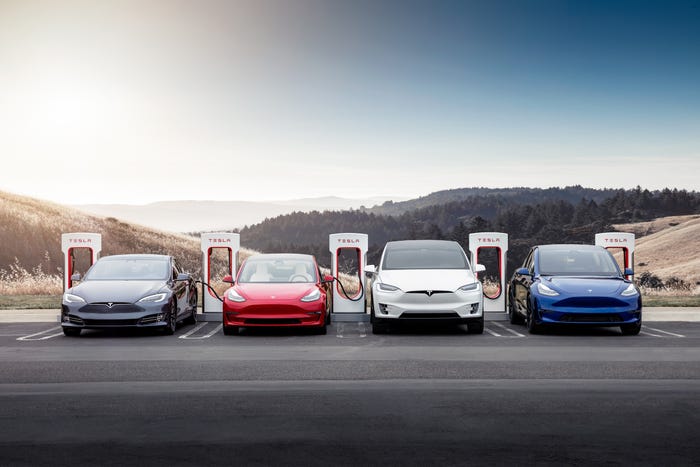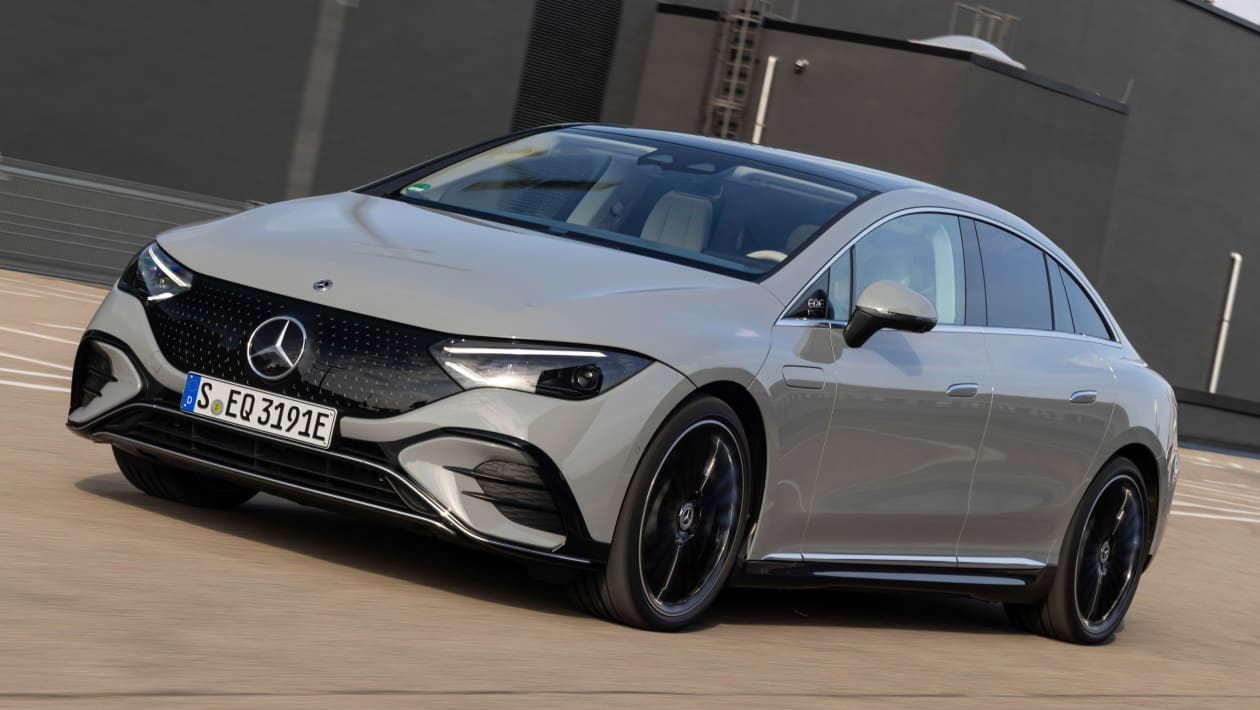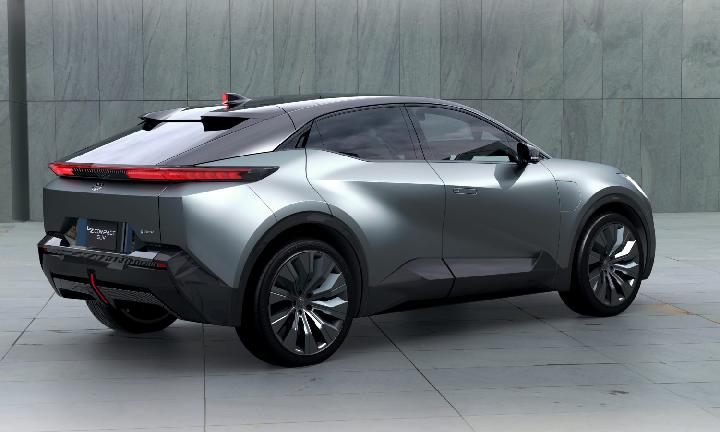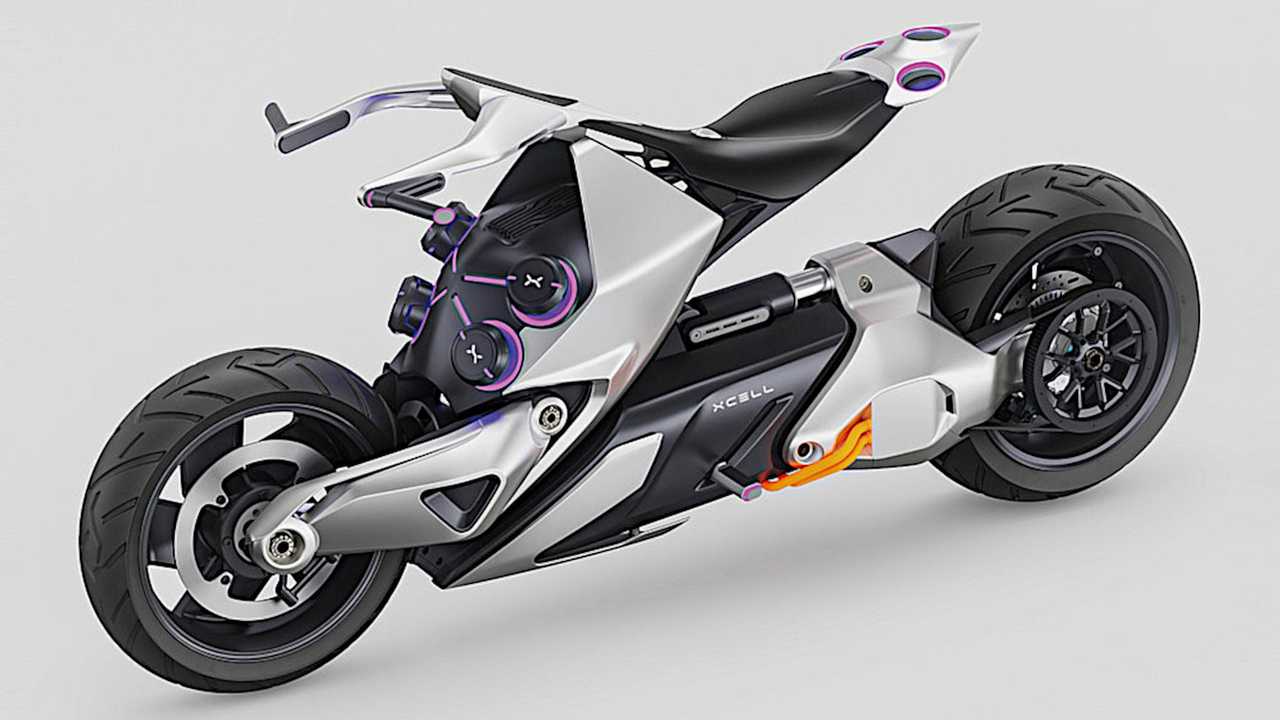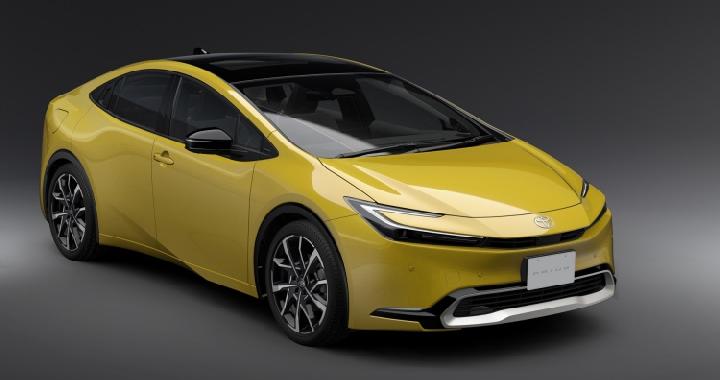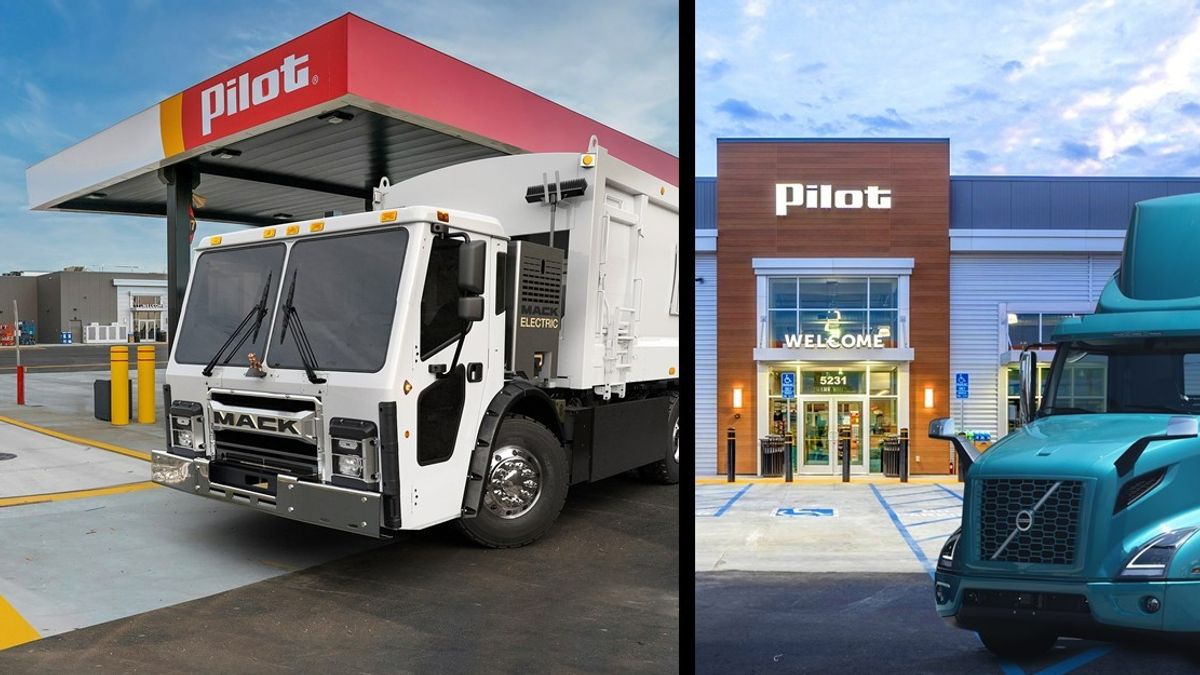Toyota is a well-known brand with sales that outperform other brands both in the world market. Toyota’s quality and durability have made the brand always the choice of consumers who care about cars with good value.
Recently, a report from Nikkei Asia showed that for the first time, Tesla made eight times more profit per vehicle than Toyota in July-September, even though Toyota’s sales lost 7 to 1 to Tesla.
Tesla reported they made a net profit of up to 3.29 billion USD in July-September compared to Toyota which earned 3.15 billion USD, making Tesla 8 times more profitable than Toyota.
In the third quarter, the Japanese brand’s profits shrank due to several factors, including rising material and electricity costs for its suppliers. These additional costs caused Toyota’s profits to decrease by 3.07 billion USD.
Toyota also had to incur additional costs of up to 663 million USD after stopping its operations in Russia due to the Russia-Ukraine conflict.
Kota Yuzawa of Goldman Sachs Japan said, “The decline in profits in July-September does not match the decrease in Toyota’s real earnings potential”. Toyota leads the way in terms of operating profit, at 4.08 billion USD compared to Tesla’s 3.69 billion USD.
A large part of Tesla’s success comes from the profitability of each of its cars. The Toyota Group sold 2.62 million cars in the quarter, 7.6 times more than Tesla’s 344,000 units.
But, Toyota’s net profit per car is around 1,200 USD, only one-eighth of Tesla’s 9,570 USD per car. This allows Tesla to lead the industry in terms of net profit per vehicle sold, even outperforming its main rivals such as Mercedes-Benz.
The only electric car that Toyota mass-produces is the bZ4X model. It is quite difficult to fight against Tesla, which is focused on producing electric vehicles, such as the Model Y and Model 3, which account for 90 percent of their sales.
Toyota targets sales of 3.5 million electric cars by 2030. Currently, electric cars are still facing several obstacles to make it a priority for car manufacturers. This is because the charging infrastructure is still inadequate and the cost of batteries is very expensive.
A top Toyota official said, “In an area heavily dependent on fossil fuels, EVs are not the best solution for reducing carbon dioxide emissions.”
To overcome this, further technological advances are needed, such as the use of alternative fuels, namely hydrogen.

